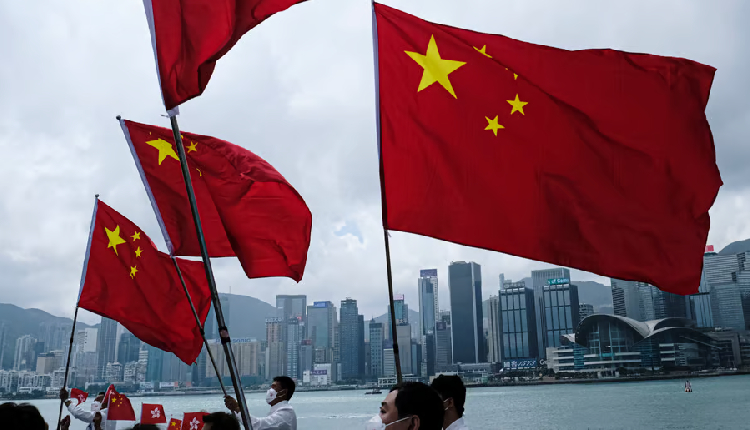Chinese companies saw a 45 per cent decrease in the value of mergers and acquisitions (M&A) in the first half of 2024, totaling around $96 billion. This is a significant drop from the peak of $470 billion in the second half of 2015.
The decline is attributed to China’s economic slowdown and tightening regulations both domestically and internationally.
During this period, major deals included Midea Group acquiring Switzerland’s Arbonia’s air conditioning division and CITIC Group purchasing 60 per cent of China Huarong Asset Management, now China CITIC Financial Asset Management.
Acquisitions of Chinese businesses by foreign companies dropped by 56 per cent to $8.5 billion, the lowest since January-June 2020. The total, including acquisitions of foreign businesses by Chinese companies, decreased by 65 per cent to $20 billion.
The recent decline can be attributed to the slow Chinese economy, with the Purchasing Managers’ Index for June falling below 50 for the second consecutive month, indicating a contraction.
Domestic demand has been affected by a prolonged real estate slump and slowing inflation. Foreign companies are now considering other countries like India for expansion due to reduced benefits in China.
Overseas funds are becoming more selective in their investment choices due to rising costs from monetary tightening in the US and other regions.
In 2023, the number of private equity and venture capital funds investing in China decreased to 229, the first decline in three years, according to consulting firm PwC.
“The worsening Chinese economy has made it difficult to forecast target company profits, leading more funds to become hesitant to invest,” said Yoshio Tsutsushio, a partner at PwC Advisory, which provides M&A advice.
Tighter regulations in various countries have posed challenges to business deals. China has been enforcing its revised anti-espionage law for a year, leading to the arrest of some employees at research companies.
This has deterred foreign capital from entering China, according to Hiroshige Nakagawa, a lawyer at Anderson Mori & Tomotsune.
In August 2023, the US announced plans to regulate investment in China by American companies and individuals, focusing on high-tech sectors like advanced semiconductors and artificial intelligence.
A similar framework may be established by 2024. Europe is also contemplating regulations on foreign investment concerning China.
Attribution: The Nikkei Asia


